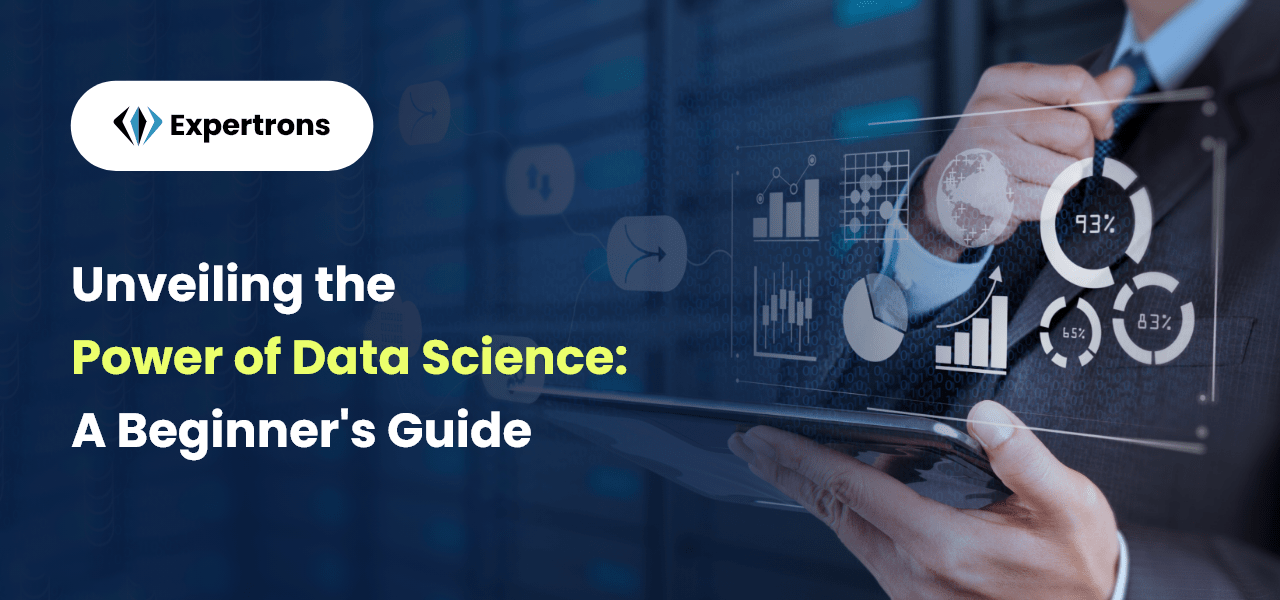Introduction
In today’s data-driven era, the field of data science has emerged as a powerhouse, revolutionizing the way we analyze and derive insights from vast datasets. This article serves as a comprehensive introduction to data science, exploring its basics and providing valuable insights for beginners stepping into the world of data analysis.
Understanding Data Science Basics
At its core, data science is a multidisciplinary field that combines expertise from statistics, computer science, and domain-specific knowledge to extract meaningful insights from data. It involves a systematic process of collecting, cleaning, analyzing, and interpreting data to make informed decisions.
The Data Science Lifecycle
Data science follows a structured lifecycle that encompasses various stages. Starting with data collection, the process moves through data cleaning, exploration, modelling, and finally, interpretation. Each stage plays a pivotal role in uncovering patterns, trends, and valuable information hidden within the data.
Introduction to Data Analysis
Data analysis is a fundamental component of data science, focusing on inspecting, transforming, and modelling data to extract useful information, draw conclusions, and support decision-making. Statistical methods, machine learning algorithms, and visualization techniques are employed to uncover patterns and relationships within the data.
Tools of the Trade
Data scientists leverage a variety of tools and programming languages to conduct their analyses. Python and R are popular choices, providing a rich ecosystem of libraries and frameworks for data manipulation, analysis, and visualization. Jupyter notebooks serve as an interactive platform, allowing practitioners to document their analysis coherently.
Practical Applications
The applications of data science are diverse and span across industries. From predicting customer behaviour in marketing to optimizing healthcare operations, data science empowers organizations to make data-driven decisions. This section explores real-world examples, showcasing the impact of data science in various domains.
Also Read The Importance of Soft Skill Development: Top 6 Soft Skills for a Successful BFSI Career
Conclusion
As we journey through the realms of data science, it becomes evident that this field is not just about numbers and algorithms; it’s about unlocking the untapped potential of data to drive innovation and informed decision-making. Whether you’re a beginner or an enthusiast, understanding the basics of data science is the first step towards harnessing its transformative power.
Embark on your data science journey with a solid foundation in the basics. This introduction sets the stage for further exploration and hands-on experiences in the dynamic and ever-evolving field of data science.
Frequently Asked Questions
The blog is a comprehensive introduction to data science, emphasizing its basics and providing valuable insights for beginners entering the field of data analysis.
In the current data-driven landscape, data science has emerged as a powerhouse by revolutionizing the way we analyze and derive insights from vast datasets.
Data science is described as a multidisciplinary field because it combines expertise from statistics, computer science, and domain-specific knowledge to extract meaningful insights from data.
The systematic process involves collecting, cleaning, analyzing, and interpreting data. It is a step-by-step approach that allows practitioners to make informed decisions based on the insights derived from the data.
The data science lifecycle includes stages such as data collection, data cleaning, data exploration, modeling, and interpretation. Each stage is crucial in uncovering patterns, trends, and valuable information hidden within the data.
Data analysis, a fundamental component of data science, focuses on inspecting, transforming, and modeling data to extract useful information, draw conclusions, and support decision-making. It employs statistical methods, machine learning algorithms, and visualization techniques.
Data scientists commonly leverage tools such as Python and R, which provide rich ecosystems of libraries and frameworks for data manipulation, analysis, and visualization. Jupyter notebooks serve as an interactive platform for documenting analyses in a coherent manner.
Practical applications of data science span across various industries, from predicting customer behavior in marketing to optimizing healthcare operations. The blog explores real-world examples showcasing the impact of data science in different domains.











